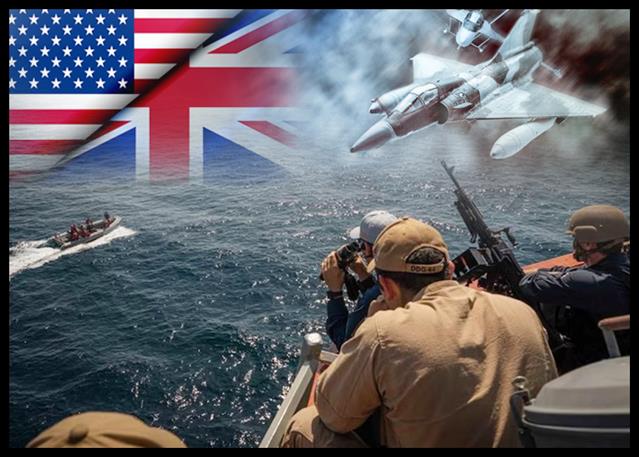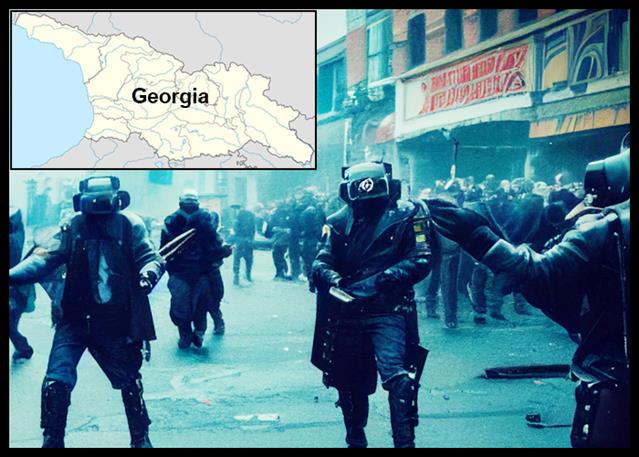
Defense forces of the United States and the United Kingdom have launched air strikes against military targets in Houthi-controlled areas of Yemen used by the rebel militants to attack commercial vessels in one of the world’s most vital waterways.
President Joe Biden said these strikes were conducted as per his direction “in response to unprecedented Houthi attacks against international maritime vessels in the Red Sea—including the use of anti-ship ballistic missiles.”
He added, “These targeted strikes are a clear message that the United States and our partners will not tolerate attacks on our personnel or allow hostile actors to imperil freedom of navigation in one of the world’s most critical commercial routes.”
Biden made it clear that he will not hesitate to direct further measures to protect “our people and the free flow of international commerce as necessary”.
UK Prime Minister Rishi Sunak said Royal Air Force warplanes took part in the targeted strikes.
The armed forces of the Netherlands, Canada, Bahrain, and Australia supported the U.S. and U.K. in the joint strikes.
U.S. Secretary of Defense Lloyd J. Austin said Thursday’s strikes targeted sites associated with the Houthis’ unmanned aerial vehicle, ballistic and cruise missile, and coastal radar and air surveillance capabilities.
The Houthis warned that the U.S. and UK will “pay a heavy price” for attacking its strongholds, reportedly in Yemen’s capital Sanaa, the Red Sea port of Hudaydah, Dhamar and Saada in the north-west.
US Navy warships, together with UK naval forces, had shot down 21 drones and missiles fired by Houthi rebels from Yemen on Tuesday in the southern Red Sea.
The multi-nation attacks came a day after the UN Security Council passed a resolution condemning the Houthis’ ongoing attacks on commercial vessels transiting the Red Sea, which have disrupted global trade and raised fears of further spill over from the war in Gaza.
Since the October 7 attacks by Hamas led to Israel’s offensive in Gaza, there have been dozens of attacks on international shipping by the rebel movement, which controls much of Yemen.
Houthis control the capital Sanaa and large swathes of the country, including the Red Sea coast. They began targeting what they believe to be Israel-bound vessels in mid-November after first launching missile and drone attacks against Israel itself, in support of the extremist group Hamas.
Now they have widened their target to all international shipping companies, until, they say, Israel allows full humanitarian supplies to enter Gaza.
Nearly 15 per cent of global seaborne trade passes through the Red Sea, including 8 per cent of global grain trade, 12 per cent of seaborne-traded oil and 8 per cent of the world’s liquefied natural gas trade. International shipping companies continue to reroute their vessels around the Cape of Good Hope, adding significant cost and weeks of delay to the delivery of goods.
Copyright © 2024, RTTNews.com, Inc. All Rights Reserved.
















